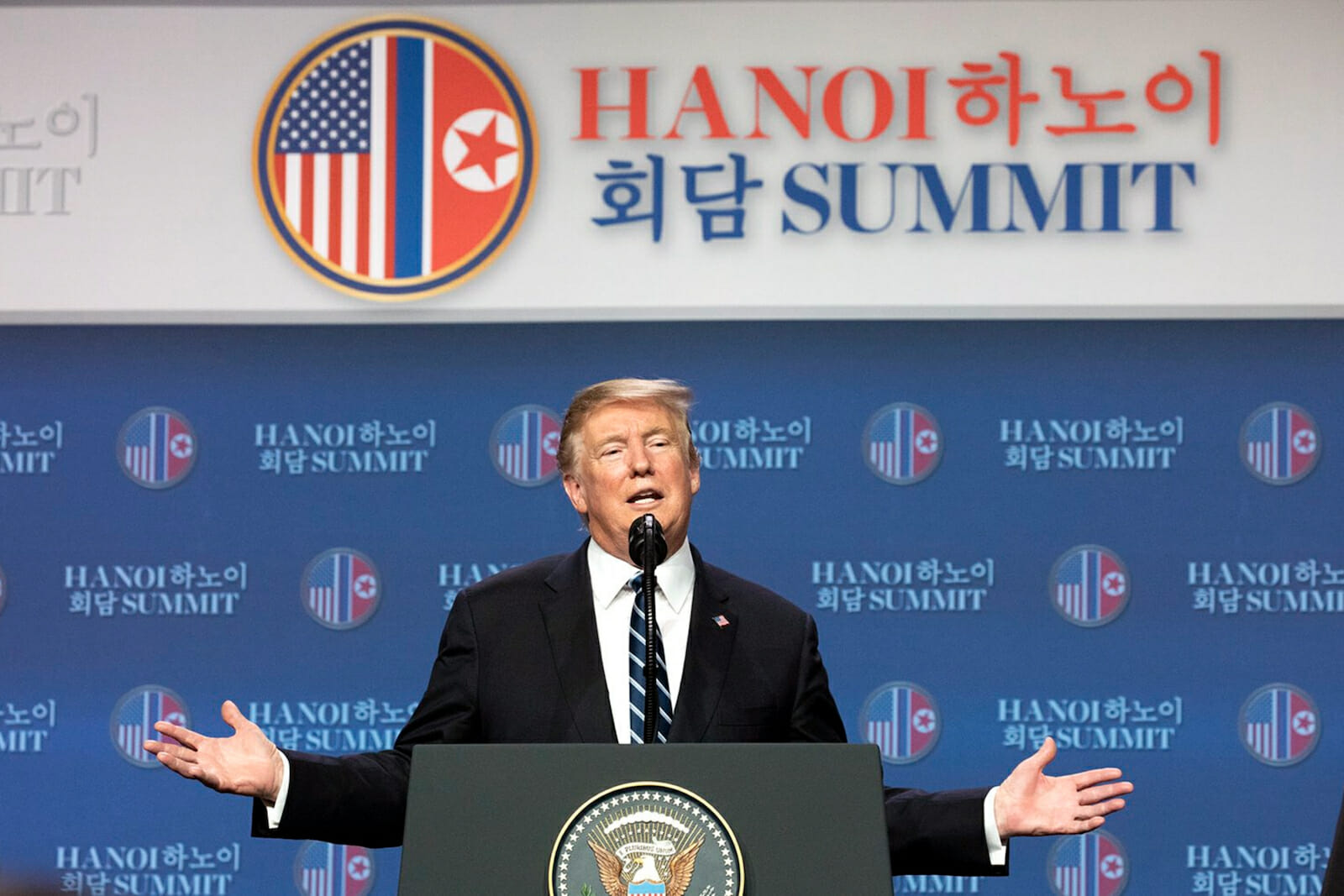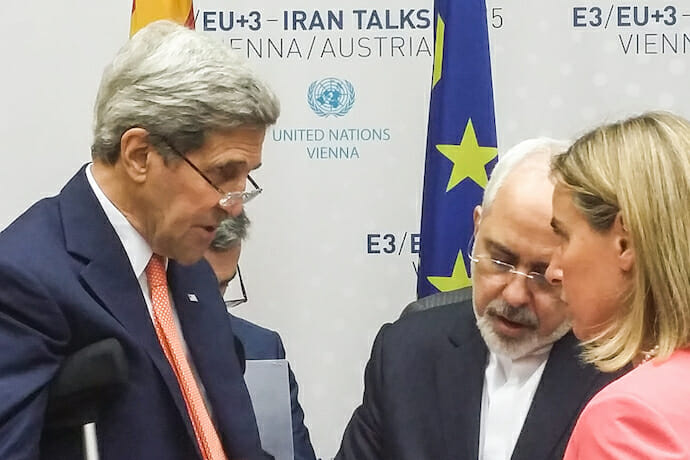
Why We Need to Repair Ties with Tehran
Iran. A land of rich culture and millennia of history. One of the oldest civilizations in the world, on par with Rome, China, and India. A land that produced Cyrus the Great, the famous liberator of the Jews, and the cultural giants Omar Khayyam and Rumi. As the country commemorates the fortieth anniversary of the 1979 revolution, and tensions increase between the U.S. and Iran, it is the right time to repair ties with Tehran.
Peace in the Middle East has never been such a distant dream as it is now. Terrorism, interstate tensions, and teetering states characterize the region. Challenges, both old and new, pose a threat to regional and global security. Challenges that require regional and global solutions. That’s why the United States should offer an olive branch to Iran.
Forty years of distrust. Forty years of “Death to America.” Flags burned, hostages taken. Why now, one may ask? The answer is that repairing ties with Tehran is the key to greater peace in the Middle East. It may not solve all problems in the region, nor should we expect a complete reversal of relations between our two countries. But, it must be recognized that Iran is a major regional actor in the Middle East. It is involved in Syria, Iraq, and Yemen. It holds great influence in the Near East, particularly in Lebanon. It also plays an important role in Gulf geopolitics. If any of the Middle East’s crises are to be resolved—the Israeli-Palestinian peace process, ending the civil wars in Syria and Yemen—Iran must be at the negotiating table.
Former President George W. Bush labeled Iran as part of the “axis of evil,” a sentiment that continues today. Though there were great hopes for better relations after the signing of the Iran nuclear deal (the Joint Comprehensive Plan of Action) in 2015, the current administration’s pull-out from the deal has returned relations to their former state. Its rhetoric has damaged any hope for a reset of relations. Naming Iran as “the world’s leading state sponsor of terrorism” and reimposing sanctions will do little to improve ties between our governments and peoples. Furthermore, the unilateral pull-out from the nuclear deal has divided the U.S. from allies that signed the agreement (Britain, France, and Germany) and pushed Tehran into the arms of Russia and China. Is this what we really want?

Israeli-Palestinian peace looks distant. President Trump’s bold plan to broker Middle East peace, known as the “Deal of the Century,” faces great difficulties moving forward. The U.S. declaration of Jerusalem as the capital of Israel and cancellation of financial aid for Palestinians have not helped. With Iran as one of the principal state supporters of the Palestinian people, including Tehran in conflict resolution talks would provide a substantial means for confidence-building measures.
Syria’s war is eight years old. Hundreds of thousands have been killed and over 10 million displaced from their homes. A proxy war has pitted the global powers of the United States and Russia and regional actors, Saudi Arabia and Iran, against each other. With the Islamic State largely defeated, peace talks are in the works. If peace and stability in both Syria and the region are to materialize, the United States should work with all relevant state actors, including Iran.
Indeed, it is only with external cooperative diplomacy that the various factions can lay down their arms and allow the rebuilding of the country.
Yemen’s humanitarian crisis is even greater than Syria’s. Thirteen million are in danger of starvation, and 1.2 million are victims of the world’s largest cholera outbreak. All of this is occurring in the poorest country in the Middle East. Like Syria, Yemen has become a proxy war for both global powers and regional actors. Peace talks between the Yemeni government and the Iran-backed Houthi rebels began last December. To guarantee their success will require the cooperation of the U.S. and Iran.
Some question how the United States and Iran can overcome such vast differences. They point to decades-long animosity. Yes, it is true that the two countries will disagree on most issues, but cooperation and dialogue are imperative. Change is possible. Who would have imagined that the U.S. would talk with Red China? In 1949, we lamented the “fall” of China, yet three decades later in 1979, we established diplomatic relations. Could this not happen with Iran?
With the region facing a myriad of challenges, it is time to lay down the fighting words. They must be replaced with an olive branch. Reestablish diplomatic relations, participate in peace talks. And who knows, a modern-day Cyrus the Great, Omar Khayyam, or Rumi could emerge, enriching the world. It is the right time to repair ties with Tehran.

